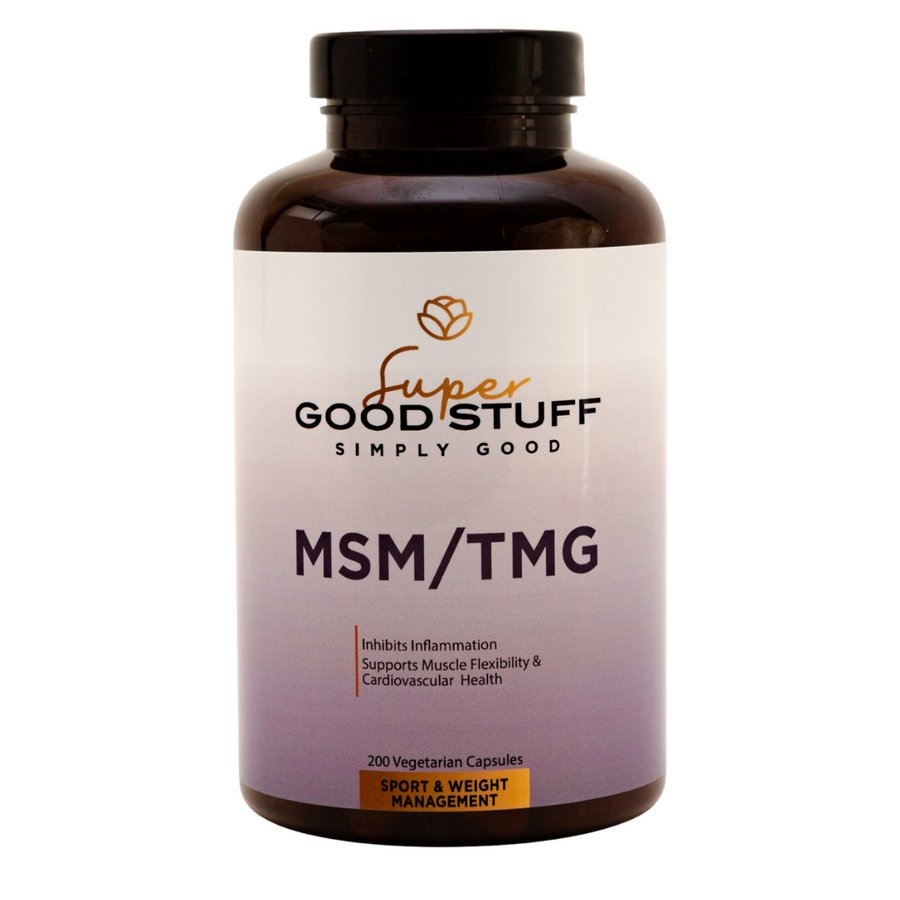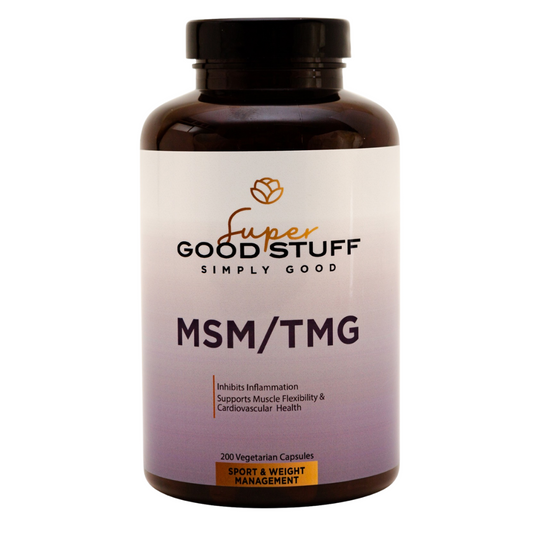Can Licorice Help Combat Coronavirus?

Licorice. Beloved by some, and despised by others, this aromatic black candy is more than a treat when it comes to health. Licorice root, or Glycyrrhiza glabra, has been used medicinally for centuries to treat a variety of symptoms and conditions, in particular for the respiratory and digestive tracts. Most recently, researchers have discovered that another active compound found in licorice, liquiritin, may help prevent the rapid reproduction of the novel coronavirus, SARS-CoV-2.
While historically used against influenza and pneumonia, glycyrrhizin was found to be active against SARS-CoV-1. This piqued researchers’ interest in the search for treatments to address the novel SARS-CoV-2 coronavirus. Researchers from Peking University and the Academy of Military Science in China recently discovered that liquiritin, a flavanone glycoside found in licorice root, reported in vitro, also helps to prevent the rapid reproduction of SARS-CoV-2 in the lab. Interestingly, the identification of liquiritin as an efficacious natural remedy for the novel coronavirus was predicted using artificial intelligence. The platform known as InfinityPhenotype was utilized to predict the efficacy of 3,682 drugs and natural products against the gene set of SARS-CoV-2. Liquiritin was identified as having the top score. Further lab testing revealed that liquiritin had the ability to stop the growth of SARS-CoV-2 in monkey cells by mimicking type I interferon.
Researchers noted that liquiritin acts as an antioxidant with antidepressant, neuroprotective, anti-inflammatory and therapeutic effects on the cardiovascular system, and that it plays a protective role on vascular endothelial cells in myocardial ischemia-reperfusion injury models. Liquiritin did not demonstrate toxicity or side effects in mice administered intravenous liquiritin after seven days of continuous treatment. It is expected that, because type I interferon is responsive to most viruses, that liquiritin may offer a broad-reaching function as an antiviral for other viral pathogens.







